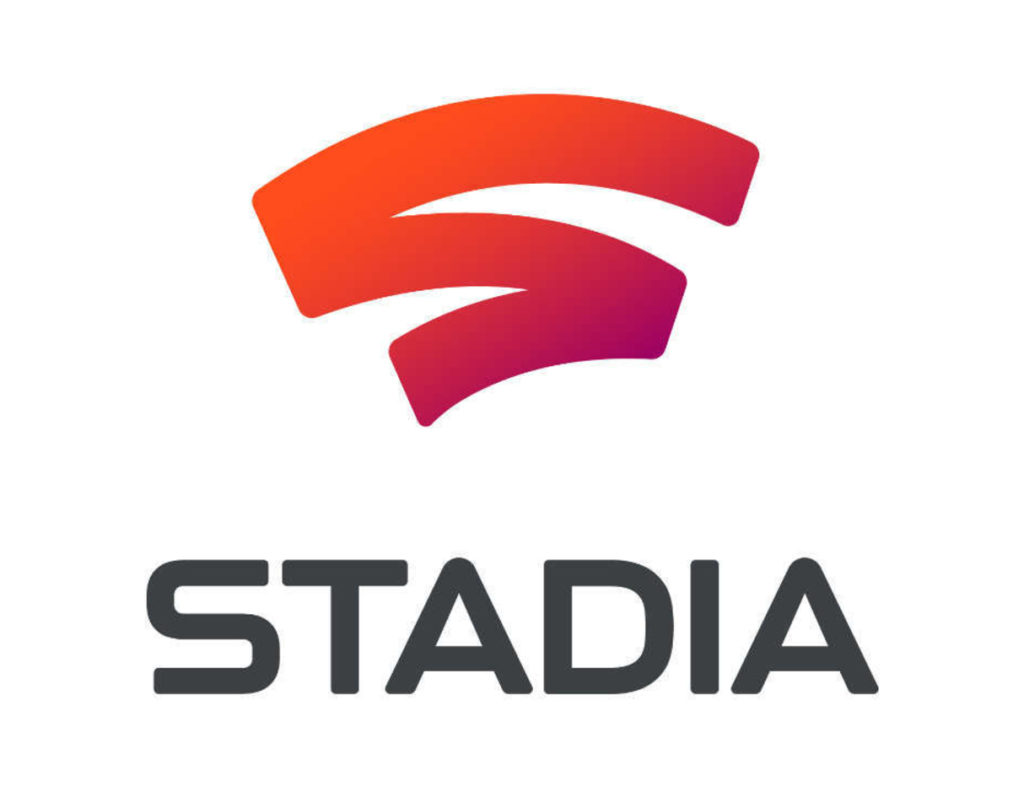Stadia to Launch with 22 Titles; Innogames Passes USD$1.1bn (£850m) Lifetime Revenue
by Mathew Broughton on 18th Nov 2019 in News

TheGamingEconomy Daily Digest brings you the trending business stories in gaming. In today’s edition: Stadia to launch with 22 titles; Innogames passes USD$1.1bn (£850m) lifetime revenue; and Microsoft less focused on games-as-a-service.
Stadia to launch with 22 titles
Google has announced that Stadia will launch tomorrow with 22 titles, expanded from the original lineup of just 12 games. The original line-up of titles was perceived as underwhelming by many in the industry, and while Stadia leads appeared to be taking a cautious approach initially, this appears to have been overruled following the criticism. The additional 14 titles were among those that had already been confirmed to be released during the remainder of 2019, including Final Fantasy XV and Grid 2019. There remains only one title, Gylt by Tequila Works, that will be exclusive to Stadia at launch.
Speaking to VentureBeat via email, a Stadia spokesperson said, "Alongside our publisher and developer partners, we’ve been working around the clock on getting ready for Stadia’s launch, and we are adding more incredible titles to our day one launch line-up.”
Innogames passes USD$1.1bn (£850m) lifetime revenue

Hamburg-based developer Innogames, which launched in 2007, has passed USD$1.1bn (£850m) in lifetime revenue. The studio, which focuses on browser and mobile strategy titles, was acquired by Modern Times Group (MTG) over the course of 2016-2017, following strong growth in Innogames' mobile revenue. While the company continues to see strong revenue, notably from its Forge of Empires title which has earned over €500m (£447.3m) since 2012, its future is less clear as MTG is undergoing a strategic review of its gaming portfolio. This may include bringing in a joint venture partner, staff layoffs, or a pivot to a "global pure play esport company".
One of our biggest challenges was to grow up as a browser game company from the beginning and then enter the mobile market, which was a lot of work and was successful in the end,” Klindworth said in an interview with VentureBeat. “We’ve grown both sides of the business. What we have achieved is to build many titles with longevity. Game creation is a very creative and complex process. It’s not easily scalable. And my observation is that many companies become too aggressive with their growth ambitions. We stayed very efficient on the marketing side. We didn’t build the company too big. And this was helpful for us. We try to keep the organisation healthy compared to the level of what we are delivering.”
Microsoft less focused on games-as-a-service

Microsoft is less focused on games-as-a-service than at the start of the current console generation, according to Xbox head of marketing Aaron Greenberg. Speaking with Kotaku, Greenberg said that the Washington-based giant will now be taking a more relaxed approach with development partners, as well as focusing less on acquiring studios, and will instead establish the approach which is best suited to the title itself. While Microsoft is moving away from prioritising the games-as-a-service model, it appears to be progressing towards a "platform as a service" offering with an expansion of its Project xCloud service and upcoming Project Scarlett console.
In the interview, Greenberg also appeared to support efforts to enable cross-play and reduce exclusivity across platforms, stating, "As a gamer, what store you buy the game in should not dictate who you play with. So if we can unite the gaming community across devices and across stores, and we think that’s a possible thing, then that’s a positive thing and a good thing for gamers."







Follow TheGamingEconomy